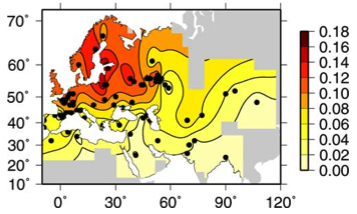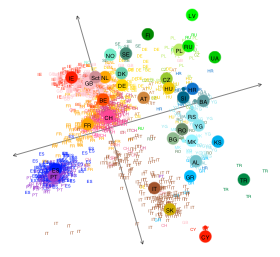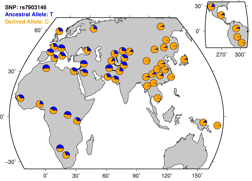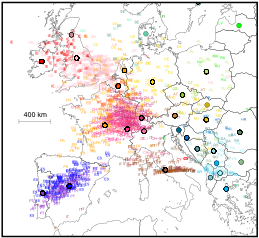Research
The central
area of interest of the lab is theoretical population genetics
and statistical genetics. Specifically, projects focus on
developing theory and statistical methods for analyzing
genomic-scale population genetic data. Much of this work
investigates questions in evolutionary genetics, focusing on human evolutionary history and using data from emerging
genotyping and sequencing technologies.
A sample of on-going research interests are:
Population genetic methods and theory
Methods for studying population structure
The impact of population structure on genome-wide association studies and methods to correct for the effects of population structure
Inference of the relative strength of selection and dispersal based on the geographic spread of advantageous alleles
Within-host, between-host-individual, and between-host-species adaptive evolution in viruses (w/ Jamie Lloyd-Smith and Sebastian Schrieber)
|
|
Human Population Genetics
Patterns of population structure in human populations especially within world regions and finer spatial-scales
The interaction of selection and demographic history in human evolutionary history
Correcting for population structure in human genome-wide association studies
Personalized genomics: Inference of detailed individual ancestry from genetic data
|
|
Population genetics of canids
In collaboration with Bob Wayne and the larger CanMap project:
The genetic basis of adaptive evolution during early dog domestication from grey wolves
The demographic history of early dog domestication
Population structure and signatures of selection among arctic wolf ecotypes (e.g. tundra vs. taiga forms)
|
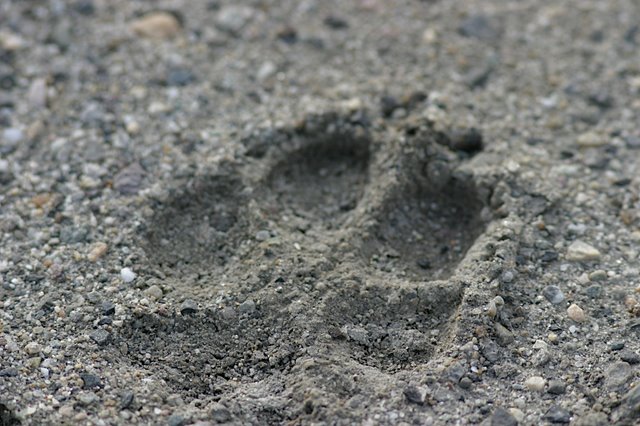 |



